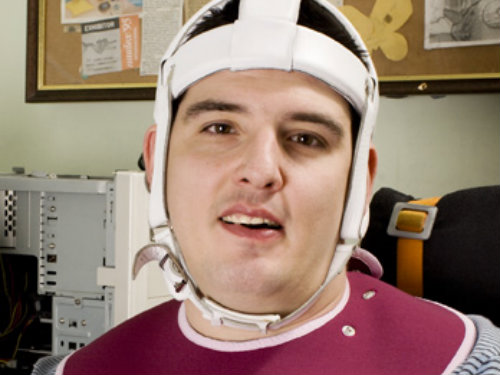
As someone with cerebral palsy, I have employed personal assistants for over 20 years, as well as being a consultant and trainer on the subject. I am also a former trustee of Skills for Care and I was on the Personal Assistants Framework implementation steering group until I left a year ago, after I had some grave concerns as to the direction in which it was heading. My main concern related to the definition and meaning of a personal assistant.
Department of Health (DH) officials have been reluctant to offer the framework a proper definition of personal assistants, and I believe this has not only caused much confusion, but demonstrates an agenda that undermines the concepts of independent living. This has been made more apparent by the recent work Skills for Care has done in producing a learning framework for personal assistants. I have had the opportunity to see the proposed training modules, and I am deeply concerned by their tone, as they assume employers of personal assistants, like myself, lack capacity and cannot be trusted to be good employers. Instead, the training encourages personal assistants to take control.
In line with the principles of independent living, I fundamentally believe that the key component that makes a personal assistant a personal assistant is their employer’s ability to “self-direct”, even if it is with support. This means the employer/user must be able and willing to take total responsibility for what they want their personal assistants to do and direct them accordingly. If the user is unable or unwilling to do this, then they do not want a personal assistant, but rather a care worker managed within a more structured arrangement, which may include some level of choice and control.
I fear the government’s idea of a personal assistant is very different and simply refers to any care worker directly employed or managed by users, including family members and self-employed care workers. Specifically, the fact Skills for Care recently funded a conference solely for personal assistants – where public liability was discussed – appears to show the government is passing the responsibility for quality support directly to personal assistants, taking employers out of the equation.
The DH appears to have forgotten that personal assistants are paid by employers to do what is asked of them. It is not the job of personal assistants to enable independent living, as DH would argue, but the ability to employ personal assistants itself enables independent living.
If the importance and role of employers is lost within a confusing agenda, the true meaning of a “personal assistant” will also be lost. What we will be left with is unregulated and potentially self-employed care workers, who have very little to do with personalisation or independent living, imposing the current government agenda onto service users. Those of us who truly employ personal assistants will once again be left unsupported.


 ‘Dear Sajid Javid: please end the inappropriate detention of autistic people and those with learning disabilities’
‘Dear Sajid Javid: please end the inappropriate detention of autistic people and those with learning disabilities’ Ofsted calls for power to scrutinise children’s home groups
Ofsted calls for power to scrutinise children’s home groups Seven in eight commissioners paying below ‘minimum rate for home care’
Seven in eight commissioners paying below ‘minimum rate for home care’ Children and young people with SEND are ‘valued and prioritised’ in Wiltshire, find inspectors
Children and young people with SEND are ‘valued and prioritised’ in Wiltshire, find inspectors 
 Facebook
Facebook X
X LinkedIn
LinkedIn Instagram
Instagram
Simon Stevens raises legitimate concerns about the colonisation of the phrase “Personal Assistants” which we as disabled people have developed to mean a lot because it implies part of the control we seek to have over our lives as we have the assistance to achieve Independent Living. The dilemma for Skills for Care is that the trend in Social Policy to Personalisation stresses the development of this section of the workforce and Skills for Care have a responsibility to support the workforce in training and development.
The disabled peoples’ user-led organisations provide a sound platform for Skills to work with and be guided by in developing relevant training etc which is acceptable to individual disabled people as employers. Work has already started on this but more needs to be done in collating the learning for other DPULOs and funds provided in addition to local authority support to enable DPULOs to be the Hubs leading the training and development of Personal Assistants using Disability Equality trainers who understand the principles of Choice and Control.